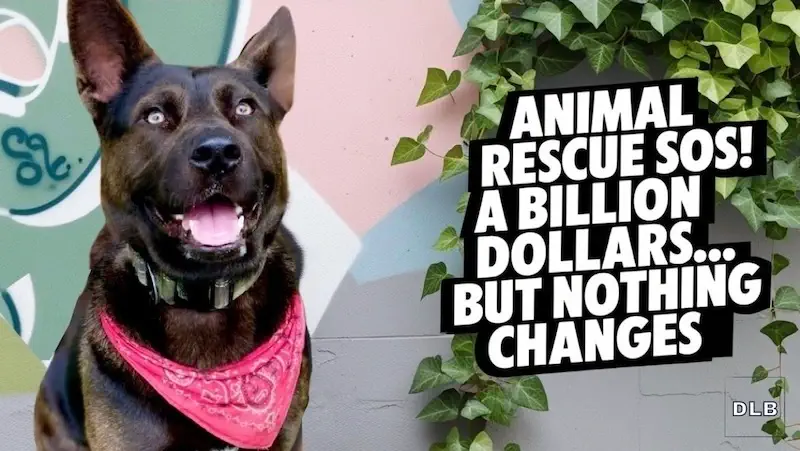What is Compassion Fatigue?

Burnout, compassion fatigue, and ptsd are common (and largely unavoidable) in the animal rescue, care, and welfare space. The emotional toll affects staff, volunteers, fosters, and even casual observers of media about the issues and needs.
Signs of Compassion Fatigue May Include...
- Abandoning Hobbies or activities you used to do before animal rescue
- Depression, Anxiety, Overwhelming Sadness, Sleeplessness over animal welfare issues
- Working Against Shelters and Rescues rather than with them
- Creating Enemies amongst fellow animal welfare advocates
- Ongoing Stress - feeling the need to carry the weight of this monstrous issue on your shoulders, all the time
- Taking On Too Much - too many hours, too many fosters, too many anything
Some ways to combat compassion fatigue include taking breaks, seeking therapy (counseling, relaxing techniques such as meditation or yoga), recognizing when we may be going over the edge of what we can handle emotionally and stepping back level of efforts for a little bit, and aligning ourselves with fellow advocates to support each other during the tough times.
Consider a long walk with something funny or uplifting in your earbuds, attending a yoga class, or spending quality time with your own animals.
Want some ideas on how to stay positive while participating in animal rescue? This applies to those who simply support by following social media or donating to the cause as well as boots on the ground!
BIG TIP: Take a break whenever needed.
- Pause volunteering
- Put fostering on hold for a bit
- Stop consuming constant "tragedy narrative" animal content
- Temporarily pause social media accounts or email lists which trigger you
- Know that taking a break does not mean you don't care
We have to take care of ourselves to best help others and the animals!
Step back, refuel, think about what you can handle without feeling overwhelmed then - if and when you are ready... show up, again.
RESOURCES:
September 2011 Study by Colleen Mehelich "Compassion Fatigue: Emotional Burnout in the Animal Care Field"
September 2019 Psychology Today "The Hidden Struggles of Animal Rescue Workers"
October 2019 Brill "Psychological Distress Among Non-Human Animal Rescue Workers: An Exploratory Study"
The content on this website is based on personal experience and researched information. Please note no one here is a professional vet, trainer, or behaviorist. Always consult your vet and trainer about what is best for your dog or cat and their mental & physical health!


If we are not at our best, we cannot help at our best. Step back and refuel, when necessary!











